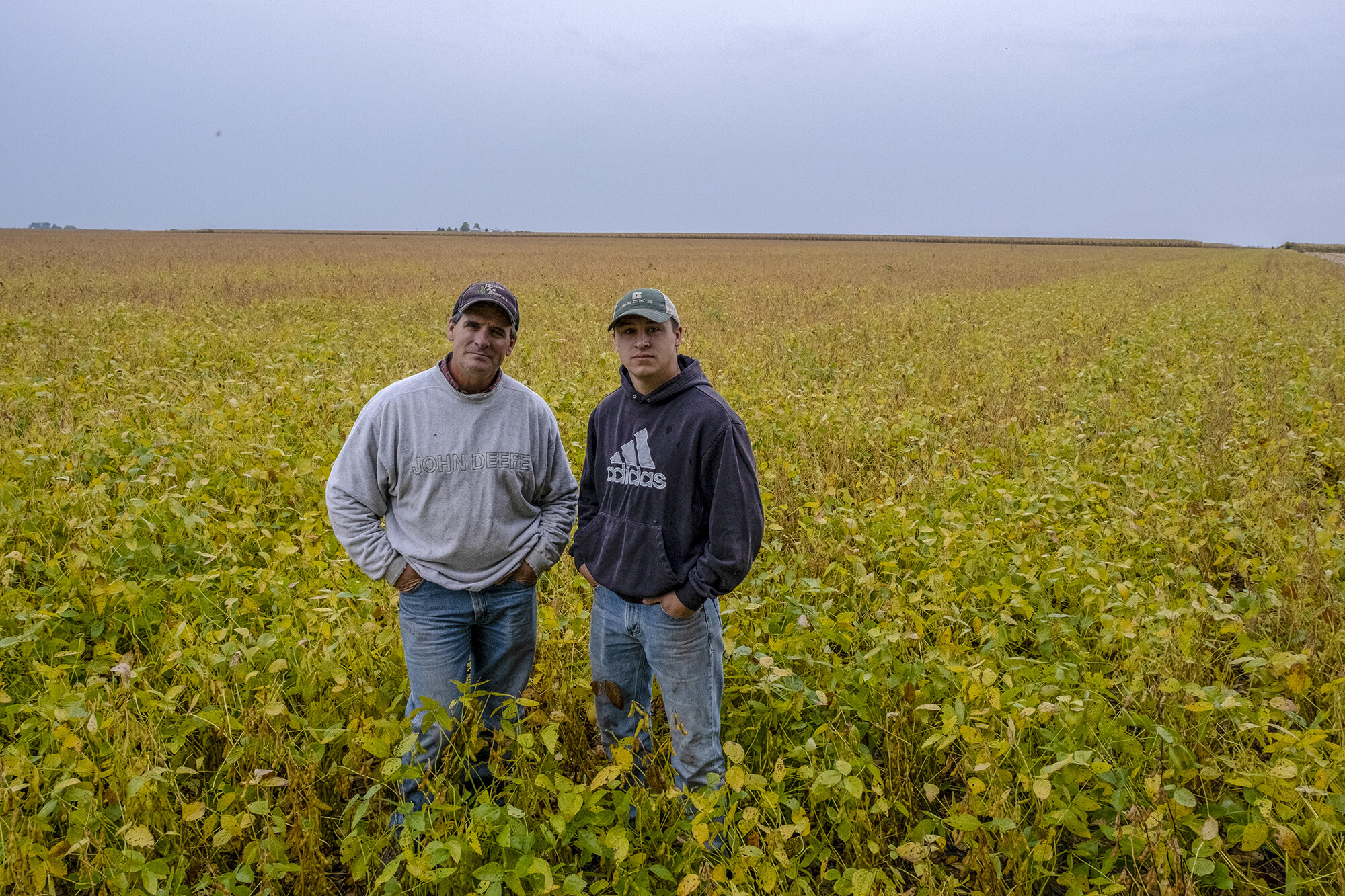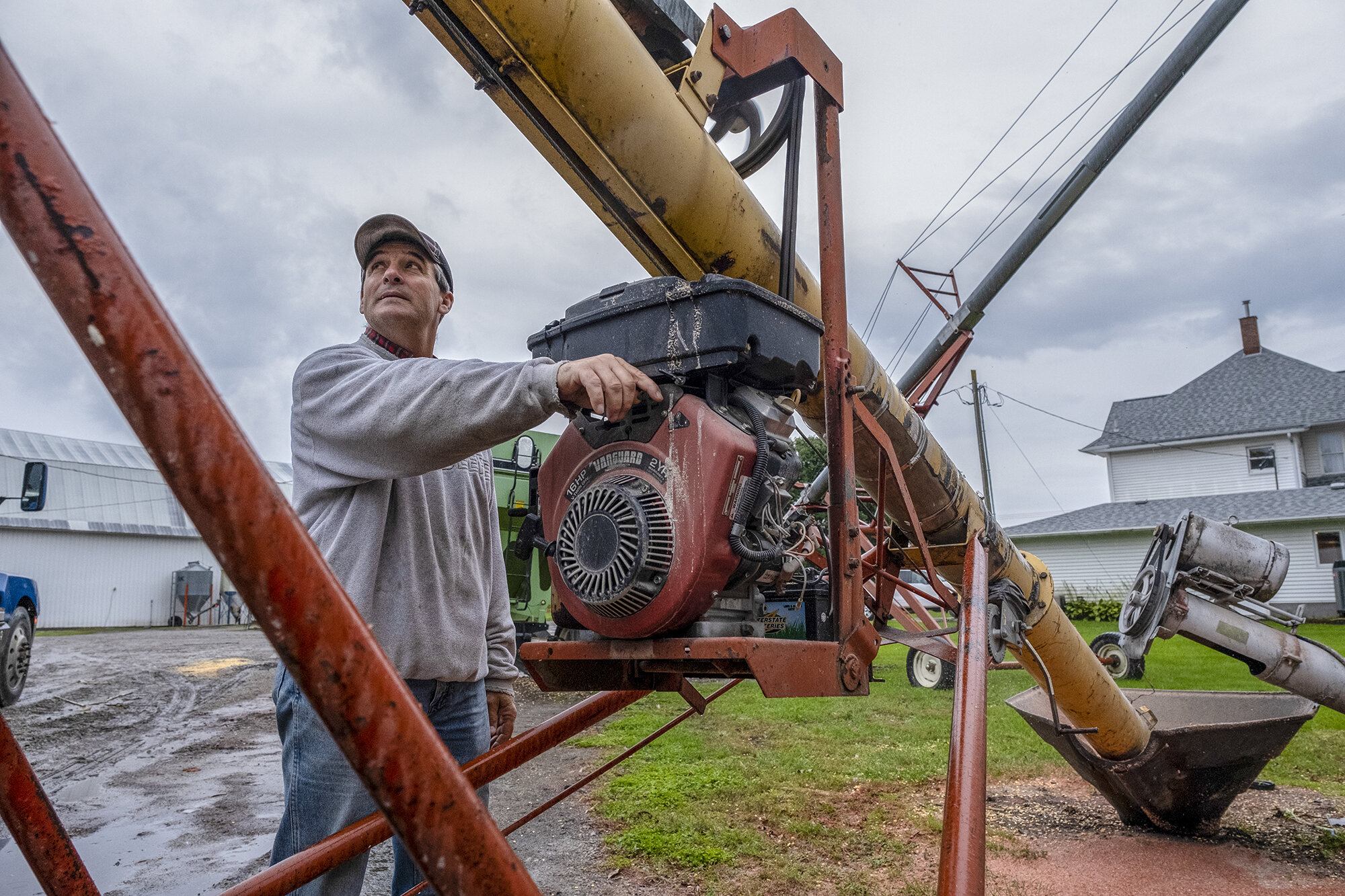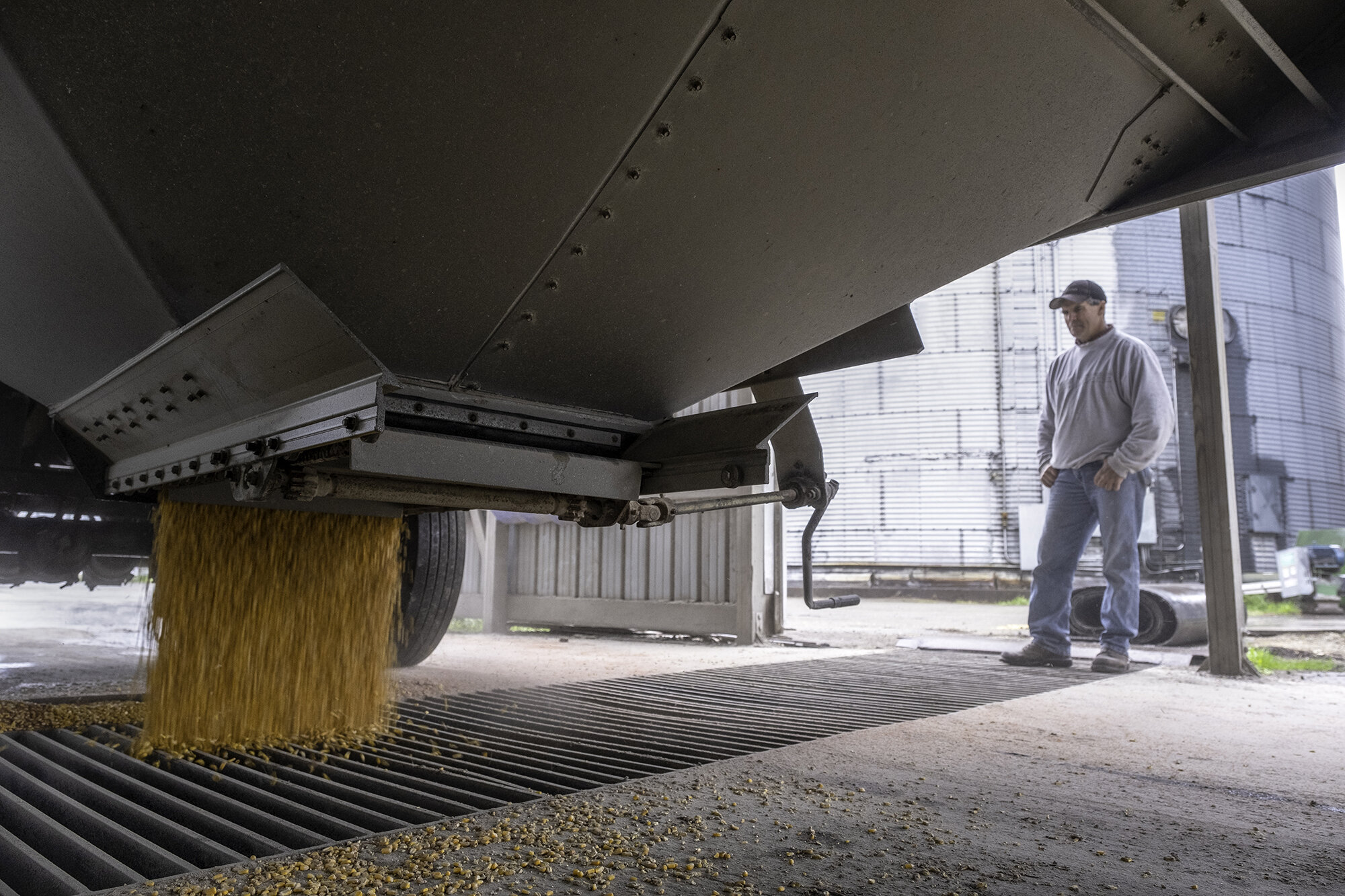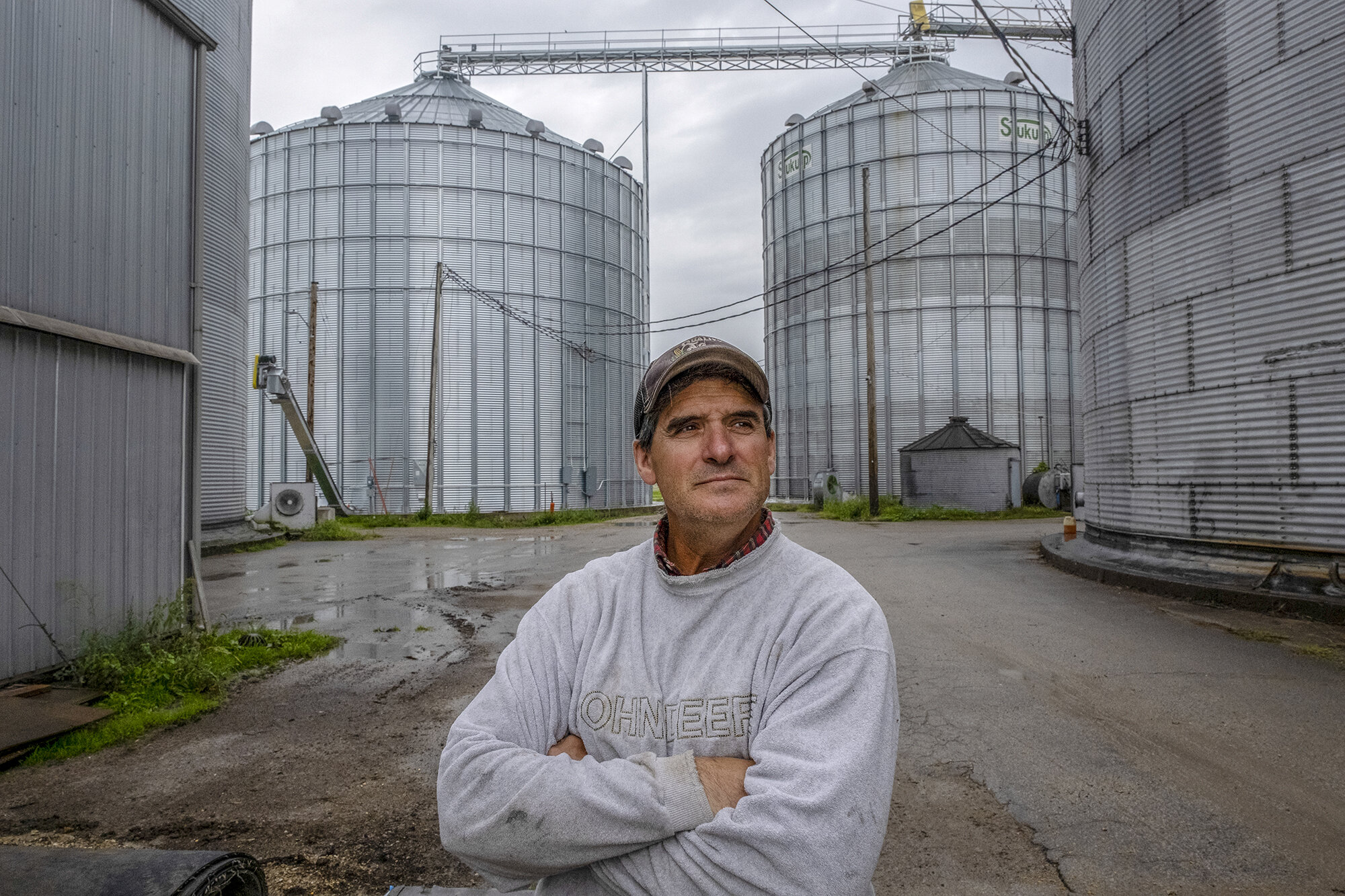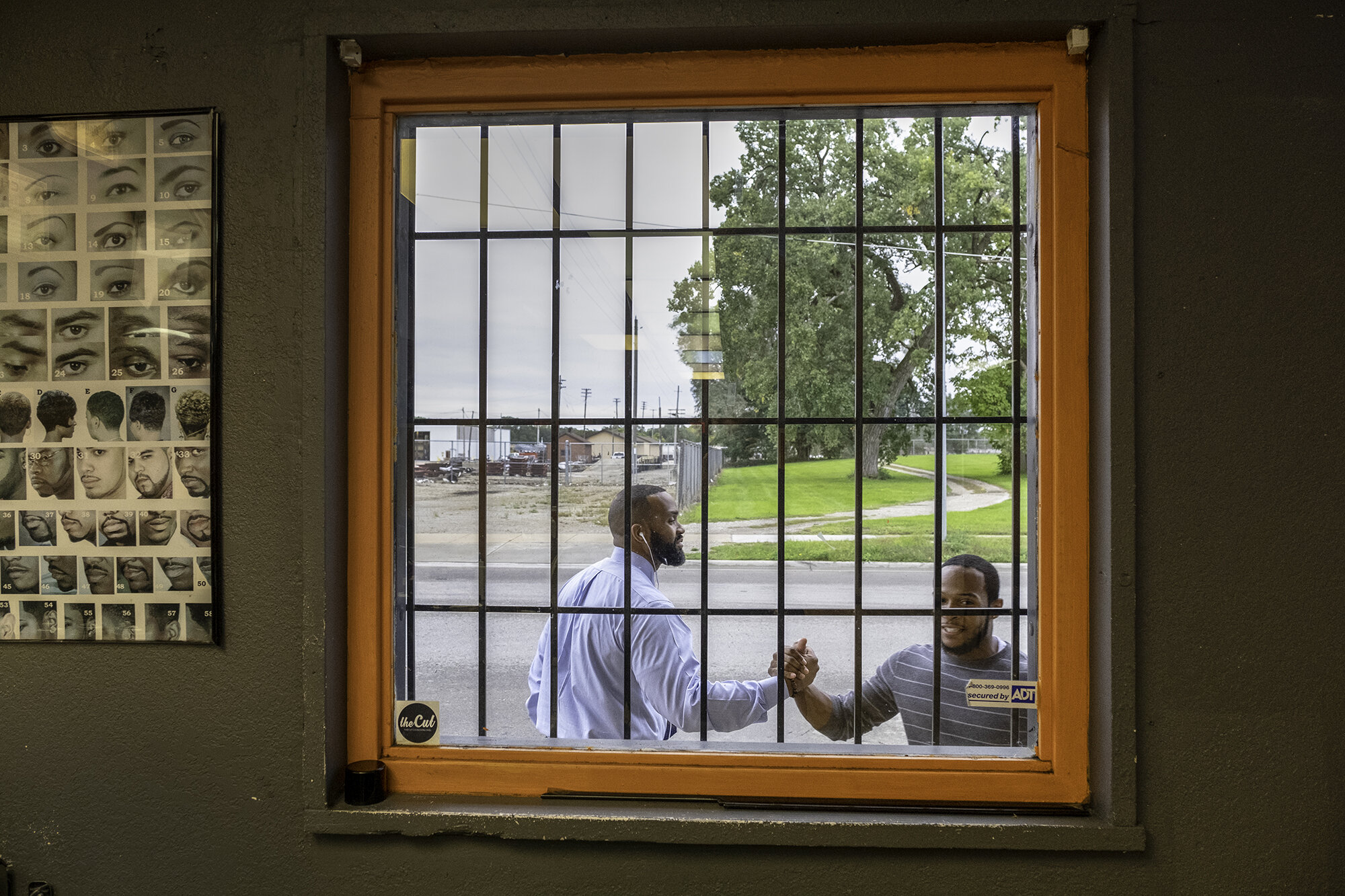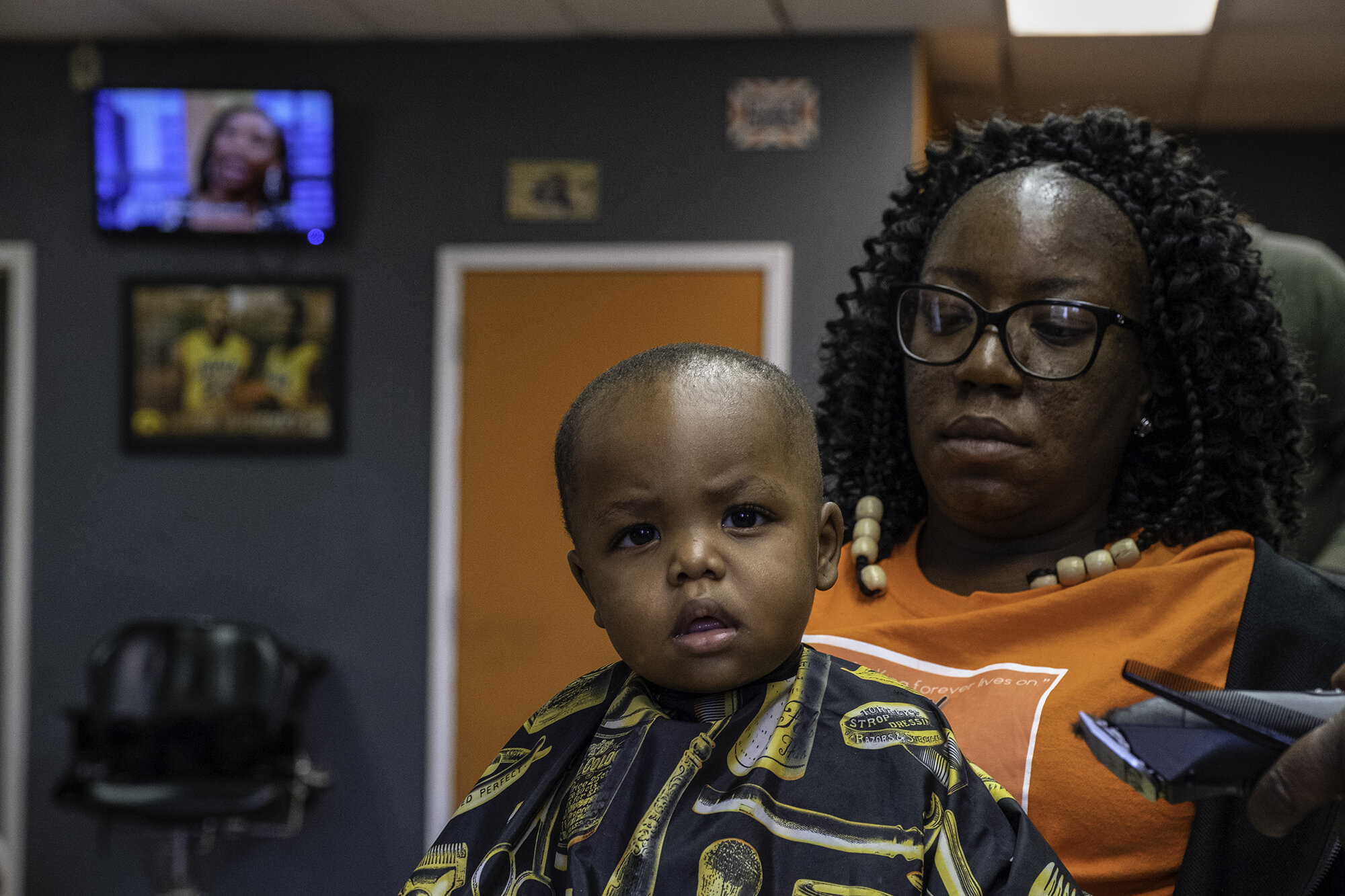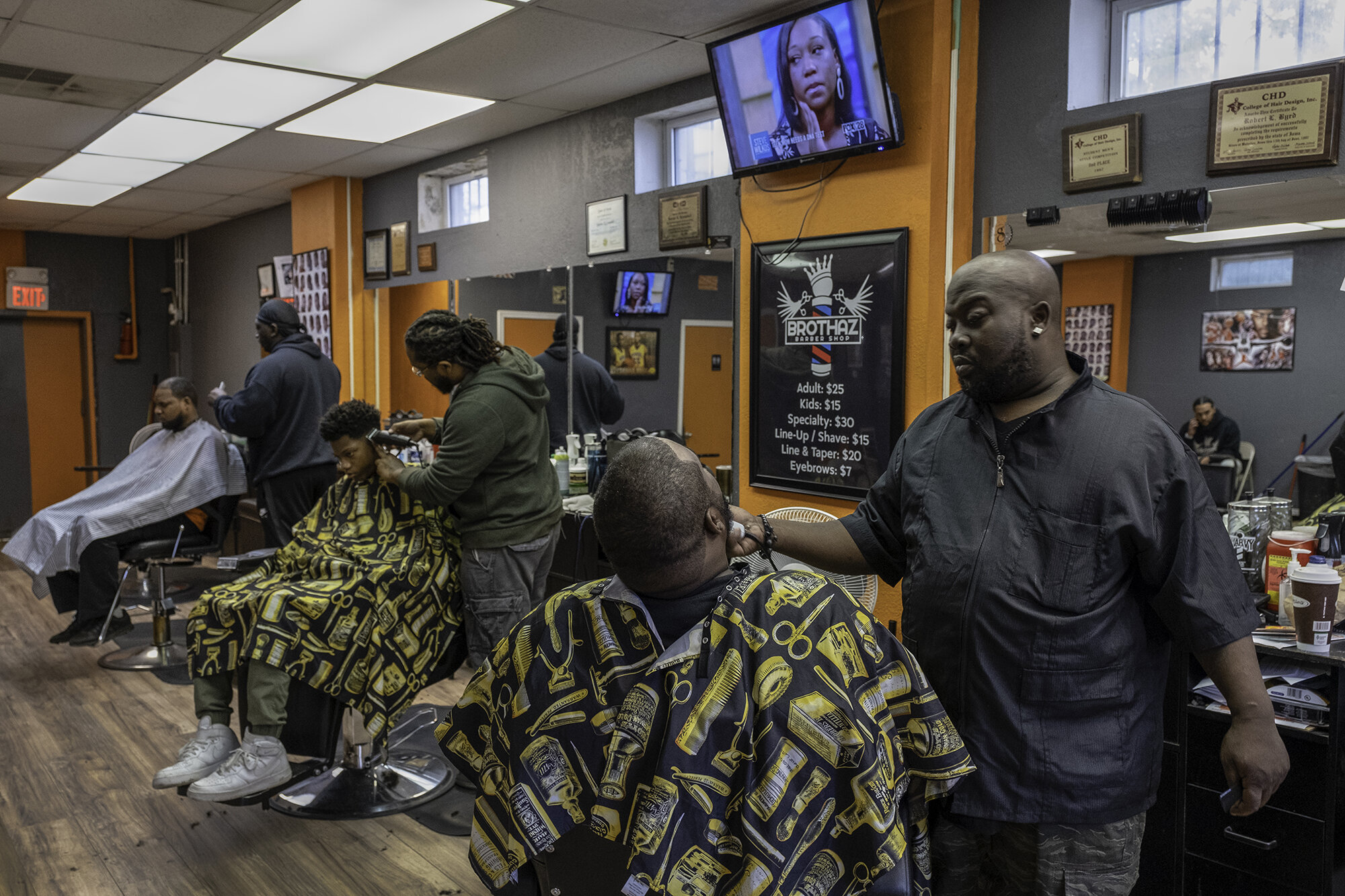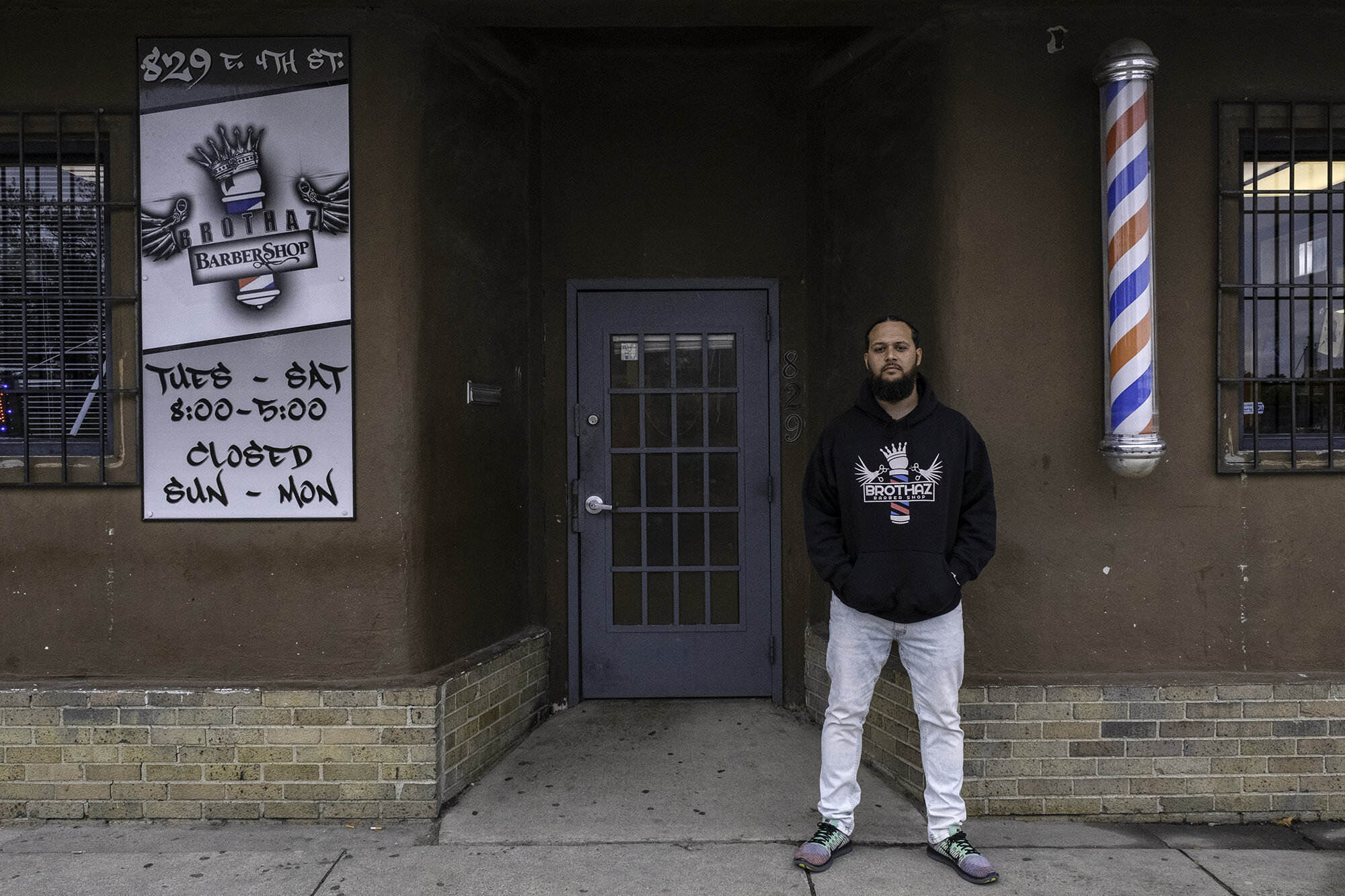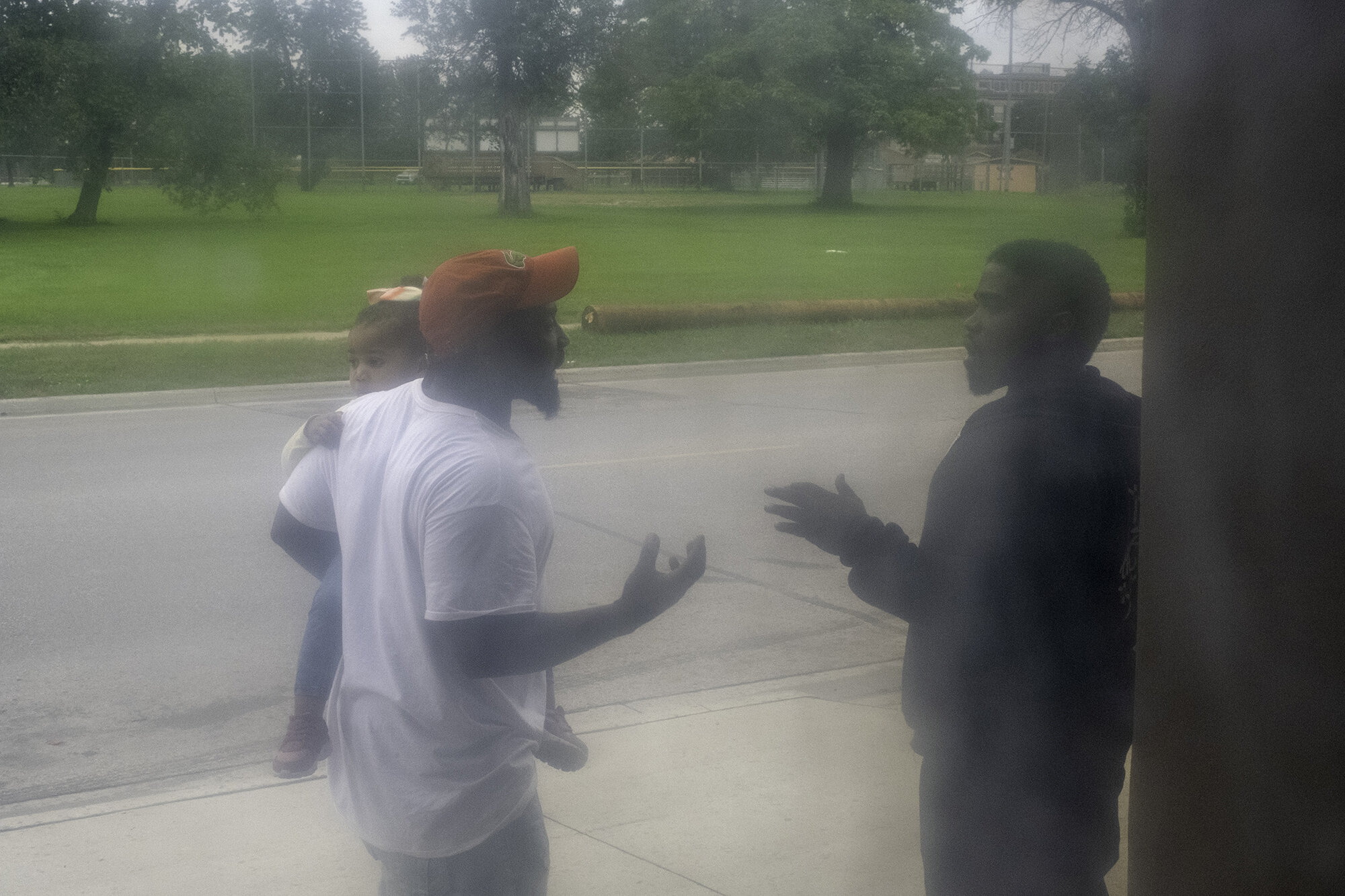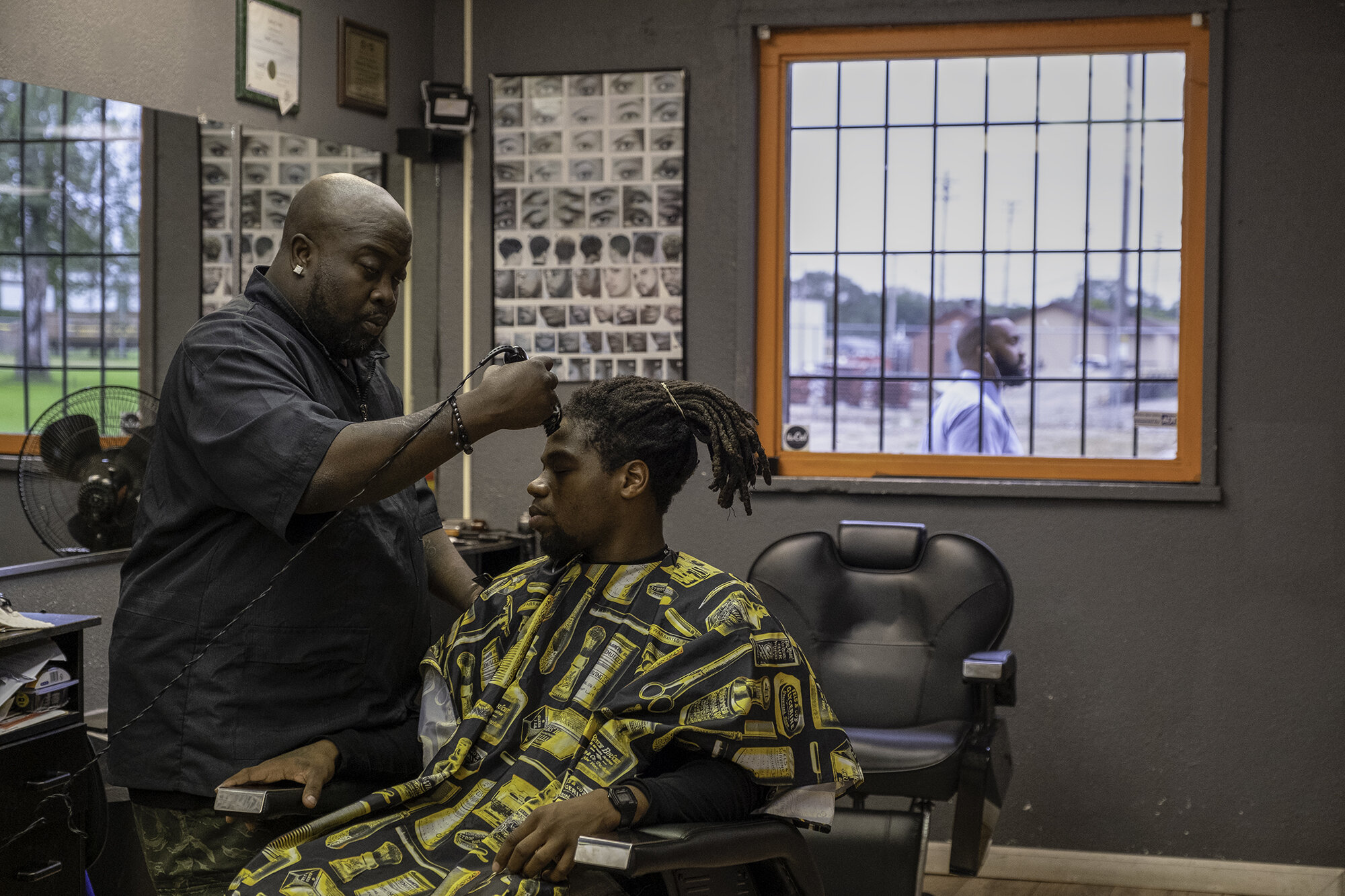Exactly one year before voters go to the polls on November 3, 2020 — and three months before Iowans gather for their caucuses — we at VII Photo are launching the first chapter of our year-long collective election coverage, “America, Again.”
Introduction by VII Emeritus Member Sara Terry
Every election cycle is an opportunity to revisit America, to consider again what defines Americans and what they aspire to, how far Americans have come and how far the country has yet to go in achieving “liberty and justice for all.”
We believe this election cycle, more than any in recent memory, finds America at a critical moment in choosing a path that may define it for generations to come.
And so we launch our coverage today, with the first of seven bi-monthly installments on some of the most important issues facing Americans as they prepare to vote in 2020, including race, the environment, inequity and the wealth gap, and labor and the economy.
Over the course of the year ahead, these issue packages will be supplemented with campaign coverage and reportage about other critical issues, including gender and gun control. In addition, our coverage will include a series of video interviews done by VII photographers outside the United States, bringing perspectives from citizens around the world reflecting on what matters to them in elections that have an impact far beyond America’s borders.
Chapter One, “Iowa,” is a look at some of the national issues that will play a part in the 2020 elections, as seen from Iowa, where voters in the state’s February 3 caucuses will help determine the Democratic front-runners for president. The work was done by VII members Danny Wilcox Frazier, Ed Kashi, Maggie Steber, Sara Terry and VII mentee Nolan Ryan Trowe.
Iowa farmers are being heavily impacted by Trump’s trade wars, yet support for him at this point has not eroded to any significant extent. Lindsay Greiner is a former president of the Iowa Corn Farmer’s Association and he reflects these sentiments. He wants to see the trade wars completed, so he can work with prices that support his corn, soybean and pig farming. Iowa farmers represent a significant portion of this crucial first state in the electoral process for 2020.
Brothaz Barber Shop is in Waterloo, Iowa, a city that the 24/7 Wall Street said, “no U.S. metro area has larger social and economic disparities along racial lines than Waterloo-Cedar Rapids, Iowa.” I spent an afternoon in the Brothaz Barber shop, a local hangout for both blacks and whites, to get a sense of how the African American community feels about race relations and the position of blacks in this city of 68,000 in one of the whitest states in America. What I found was a sense of pride, desire to see an even playing field for housing, education and better policing.
“AMERICA, AGAIN” | CHAPTER 1: IOWA
“AMERICA, AGAIN” | CHAPTER 2: THE ENVIRONMENT
“AMERICA, AGAIN” | CHAPTER 3: AMERICAN DREAMS
“AMERICA, AGAIN” | CHAPTER 4: INTERRUPTED
”AMERICA, AGAIN” | CHAPTER 5: AMERICAN MYTHS
”AMERICA, AGAIN” | CHAPTER 6: AMERICAN IMPERIUM
”AMERICA, AGAIN” | CHAPTER 7: AMERICAN HOPE, AMERICAN FEARS

